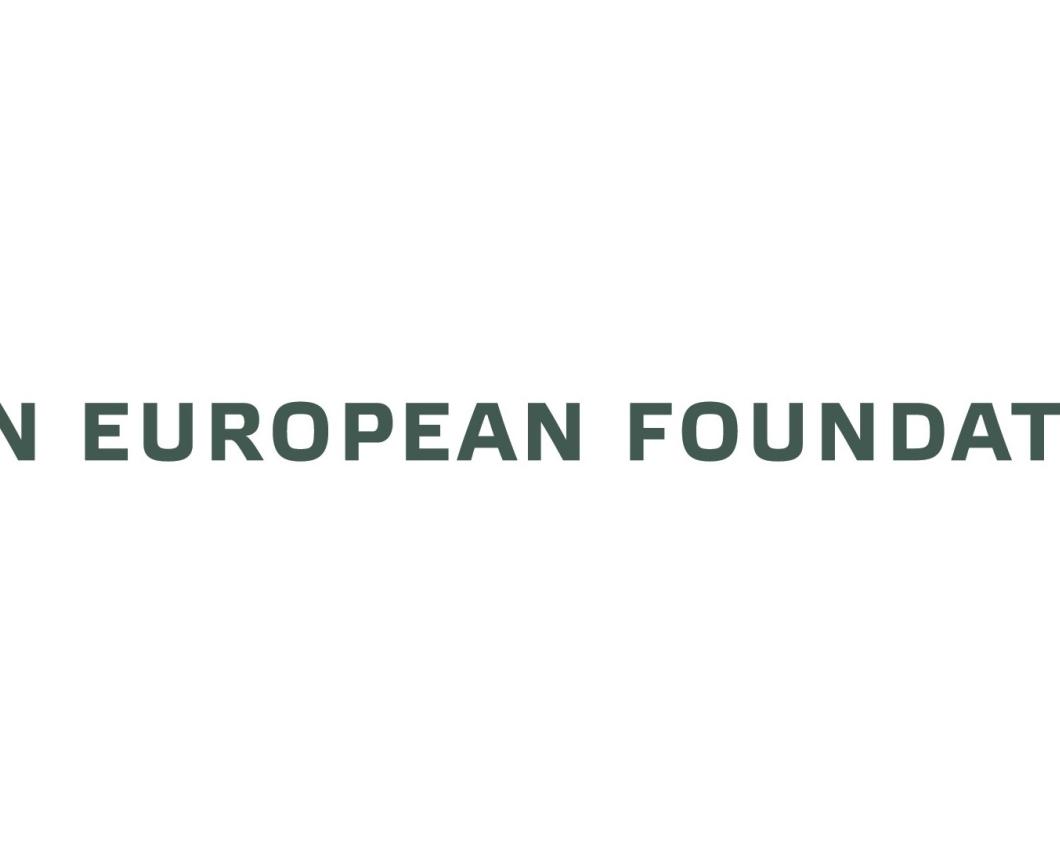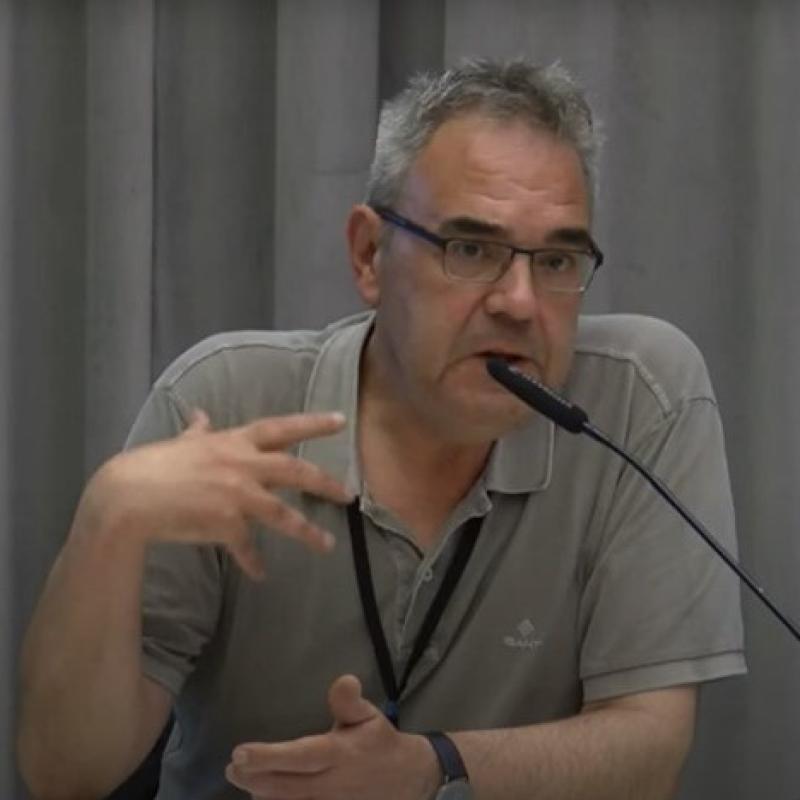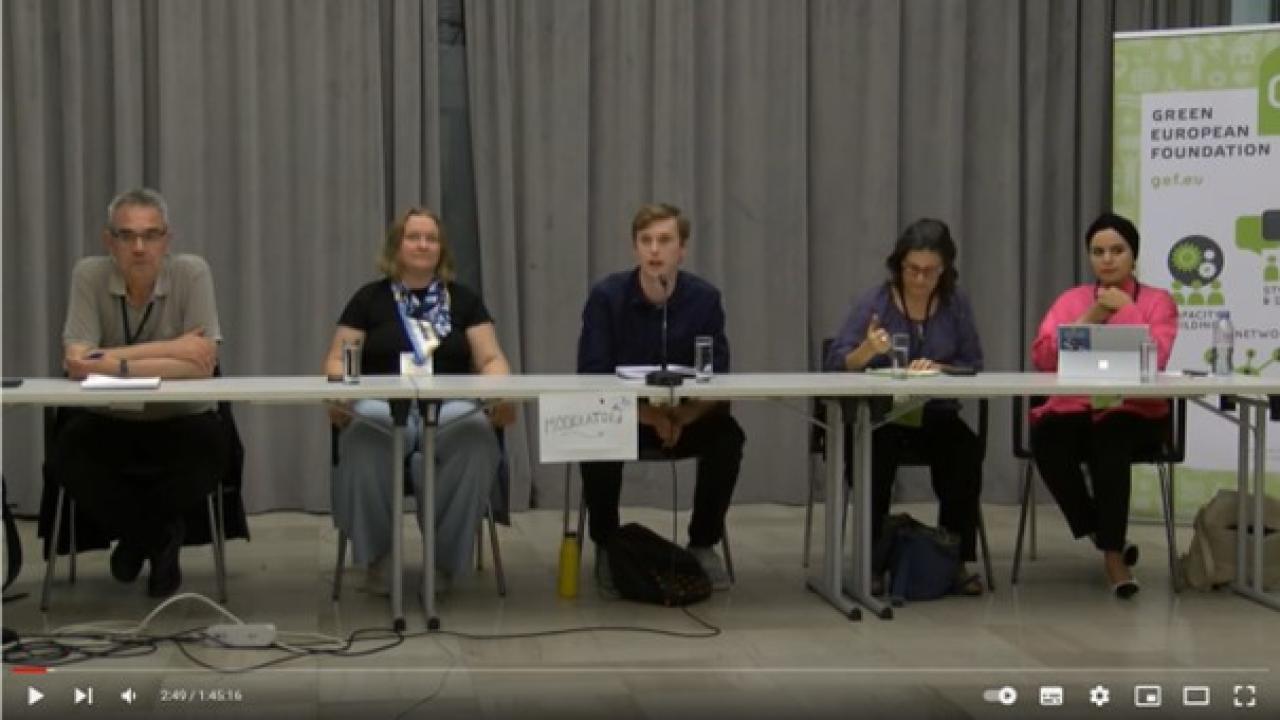I will start with some general remarks about geopolitics and degrowth, then zoom in on Europe’s relationship with the Global South.
For the European Union, geopolitics can never be just about defending its interests. It also has to reflect its values and aims. These include human rights, democracy and the international rule of law. That is why we help Ukraine defend itself against the Russian aggressor. It’s not only our security that is at stake, but also our values. Ukraine is the victim of an imperialist and colonial attack by a Russia in the grip of toxic masculinity – a cult of violence, with Wagner’s sledgehammer as a horrific symbol. We must resist imperialism and colonialism, also when Russia is the perpetrator. This cannot be repeated often enough within the degrowth movement.




